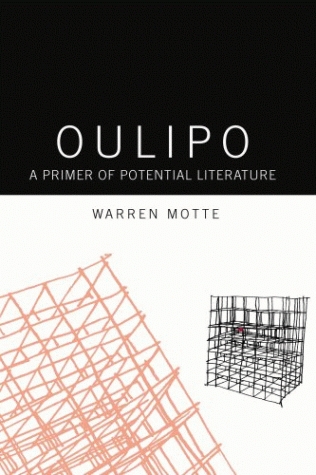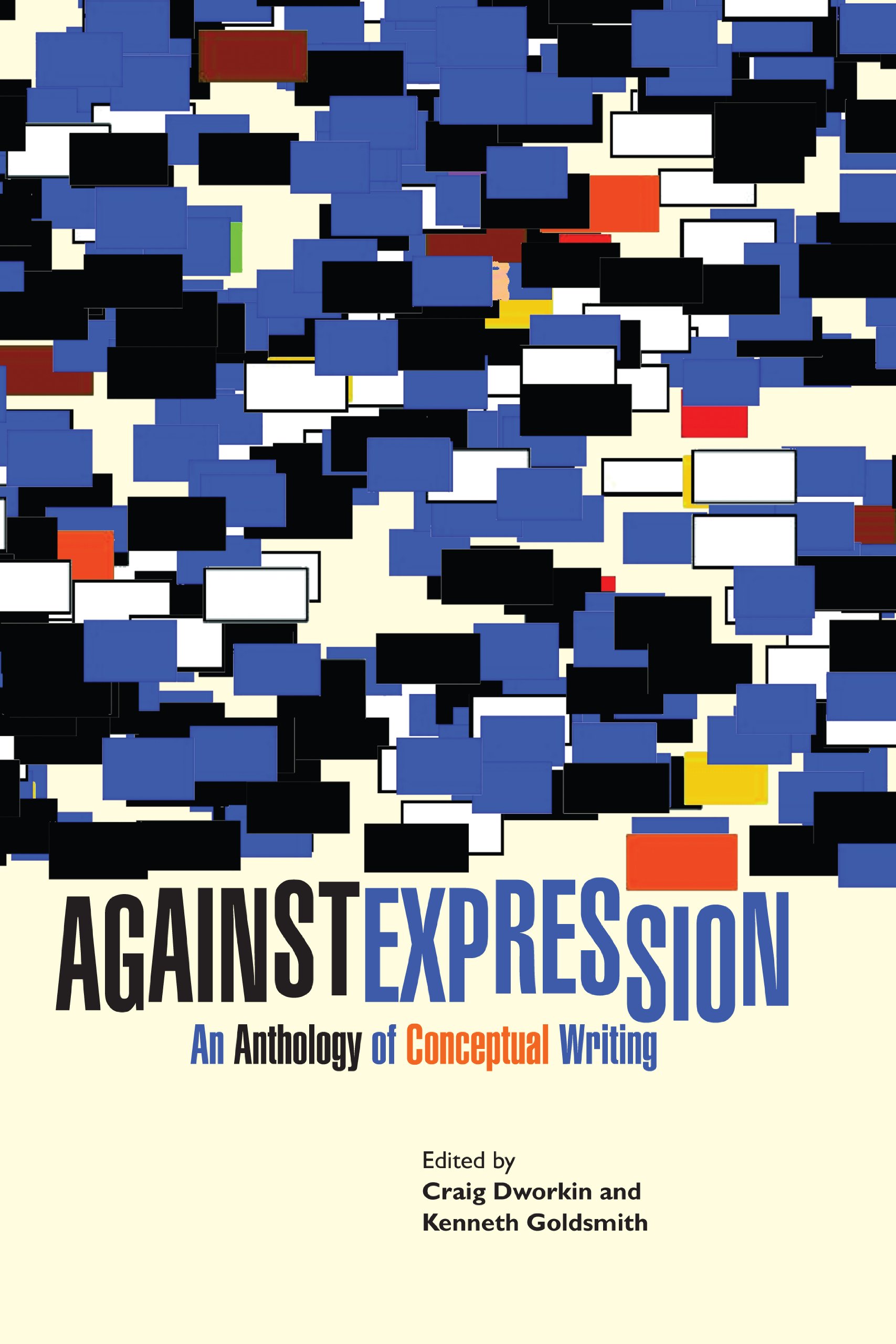Raymond Queneau: Exercises in Style (1947-) [FR, EN, DE, IT, GR, CZ, ES, PT, RU, PL, ALS, RO, UA]
Filed under book | Tags: · language, linguistics, literature, oulipo

On a crowded bus at midday, Raymond Queneau observes one man accusing another of jostling him deliberately. When a seat is vacated, the first man appropriates it. Later, in another part of town, Queneau sees the man being advised by a friend to sew another button on his overcoat. Exercises in Style retells this apparently unexceptional tale ninety- nine times, employing the sonnet and the alexandrine, “Ze Frrench” and “Cockney”, while an “Abusive” chapter heartily deplores the events.
When Exercises in Style first appeared in French in 1947, it led to Queneau’s election to the highly prestigious Académie Goncourt. This virtuoso set of themes and variations is a linguistic rust-remover, a guide to literary forms, a demonstration of the use of imagery and expletive. But it is far too funny to be merely a pedantic thesis.
The late Raymond Queneau, novelist, poet, mathematician and editor, once told Barbara Wright that of all his books, this was the one he most wished to see translated. He rendered her his “heartiest congratulations”, adding: “I have always thought that nothing is untranslatable. Here is new proof. And it is accomplished with all the intended humour. It has not only linguistic knowledge and ingenuity, it has that.”
Exercices de style (French, transcript, 1947), HTML.
Exercises in Style (English, trans. Barbara Wright, 1958/2012, EPUB, added 2015-5-25; PDF excerpt)
Stilübungen (German, trans. Ludwig Harig and Eugen Helmlé, 1964), Typographic interpretation by Eike Rupp (2008).
Esercizi di stile (Italian, transcript, trans. Umberto Eco, 1983)
Ασκήσεις ύφους (Greek, trans. Achilleas Kyriakides, 1984)
Stylistická cvičení (Czech, excerpt, transcript, trans. Patrik Ouředník, 1985)
Ejercicios de estilo (Spanish, trans. Antonio Fernández Ferrer, 1989)
Exercicios de estilo (Portuguese, trans. Luiz Resende, 1995)
Упражнения в стиле (Russian, transcript,V.A.Petrov et al., 1998)
Styluebige (Züritüütsch, audio excerpt, trans. Felix E. Wyss, 2004)
Ćwiczenia stylistyczne (Polish, trans. Jan Gondowicz, 2005)
Exerciţii de stil (Romanian, trans. Romulus Bucur, Luminiţa Boază and Irina Grădinariu, 2006)
Вправи зі стилю (Ukrainian, trans. Yurko Pozayak and Yaroslav Koval, 2006, HTML, added on 2014-5-26 via Volodymyr Bilyk)
Feel free to contribute more translations and scans in comments.
Comments (3)Warren Motte (ed.): Oulipo: A Primer of Potential Literature (1998)
Filed under book | Tags: · literary theory, literature, oulipo

This is an amazing anthology of writings by members of the group known as Oulipo, including, among others, Italo Calvino, Harry Mathews, Georges Perec, Jacques Roubaud, and Raymond Queneau. Put simply, this group, which was founded in Paris in 1960, approaches creative writing in a way that still has yet to make its impact in the United States and its creative writing programs.
Rather than inspiration, rather than experience, rather than self-expression, the Oulipians viewed imaginative writing as an exercise dominated by what they called “constraints.” Quite commonly, they would attempt to write stories, for instance, in which strict rules had to be imposed and followed (for example, Georges Perec’s notorious novel A Void, which was written without the use of the letter “e”).
While a major contribution to literary theory, Oulipo is perhaps most distinguished as an indispensable guide to writers.
Foreword by Noel Arnaud
Publisher Dalkey Archive Press, 1998
French Literature series
ISBN 9781564781871
224 pages
PDF (no OCR)
Comment (0)Craig Dworkin, Kenneth Goldsmith (eds.): Against Expression: An Anthology of Conceptual Writing (2011)
Filed under poetry | Tags: · avant-garde, conceptual writing, concrete poetry, language, literature, oulipo, poetry, uncreative writing

“In much the same way that photography forced painting to move in new directions, the advent of the World Wide Web, with its proliferation of easily transferable and manipulated text, forces us to think about writing, creativity, and the materiality of language in new ways.
In Against Expression, editors Craig Dworkin and Kenneth Goldsmith present the most innovative works responding to the challenges posed by these developments. Charles Bernstein has described conceptual poetry as “poetry pregnant with thought.” Against Expression, the premier anthology of conceptual writing, presents work that is by turns thoughtful, funny, provocative, and disturbing.
Dworkin and Goldsmith, two of the leading spokespersons and practitioners of conceptual writing, chart the trajectory of the conceptual aesthetic from early precursors including Samuel Beckett and Marcel Duchamp to the most prominent of today’s writers. Nearly all of the major avant-garde groups of the past century are represented here, including Dada, OuLiPo, L=A=N=G=U=A=G=E, and Flarf to name just a few, but all the writers are united in their imaginative appropriation of found and generated texts and their exploration of nonexpressive language. Against Expression is a timely collection and an invaluable resource for readers and writers alike.”
Publisher Northwestern University Press, 2011
Avant-garde & Moderism Collection series
ISBN 0810127113, 9780810127111
593 pages
Reviews: Brian M. Reed (American Book Review), Stephen Burt (London Review of Books), Peli Grietzer (LA Review of Books), Richard Kostelanetz (Mayday), Andrew McCallum (English in Education), Samuel Vriezen’> (deReactor, NL).
Commentary: Sam Rowe (Full Stop).
Interview with Craig Dworkin (Katie L Price, Jacket2).
PDF (updated on 2014-12-12)
Comments (5)
